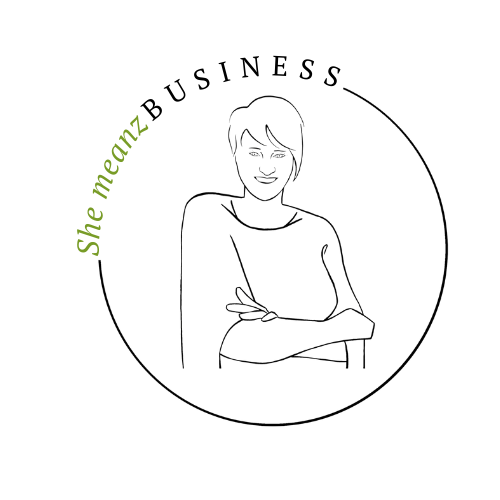
DiSC Frequently Asked Questions….
What is DISC?
DISC is a needs-motivated, observable behavioral profiling system which measures the energy you are putting into dominating problems, influencing people, steadying the environment, and complying to rules and details.
Which style is the best?
Your style blend is the best! All styles have unique strengths and challenges.
What makes DISC so popular?
DISC is a short description of YOU, custom designed in 10-15 minutes. It helps you to recognize your own style, see what works about you, and control your own style. It tells others how to communicate with you, anticipates normal tensions in relationships, shows you how to read others and adapt your communication.
Why do people like DISC?
DISC shares information about our favorite topic – us! It is also a quick and easy assessment, and the model is easy to recall, non-threatening, and makes authentic sharing easy.
What does DISC actually measure?
DISC measures our underlying emotions, needs, and fears (like an iceberg) - the primary concerns that drive all behavior. Through self-selection, you choose the words that are most like you and the words that are least like you, and through those responses, the tool reveals your behavioral style.
Why don’t all Ds (or Is, Ss, or Cs) act/communicate the same way?
We all have different biases, preferences, motivations/values, critical thinking skills, experience, education, and intelligence levels that influence our behavior. DISC is a combination of nature and nurture, so we all have had different experiences shape us, too. The same way that we all have different hair or prefer different flavors of ice cream, we all act and communicate in different ways. Plus, we need all four styles in the world to be as effective & successful as possible as a community and as individuals.
How many DISC Assessments are there?
We provide only one assessment, DISC and Motivators, but the results of that assessment can be used for a variety of purposes, both personal and professional. Some applications include using DISC in Leadership, Sales, Service, Coaching, and in recruitment of team members.
What happens if someone tries to outsmart or trick the instrument? Is it easy?
The DISC assessment can be tricked, but it’s not that easy! It is not always obvious what the answer “should” be (most and least is the basis, not a scale, and the algorithm is based on both). There are also some answers that are designed as specific validity answers to ensure integrity. A better question might be, “why would someone want to modify or alter their results to inaccurately represent them?” There is little benefit in understanding ourselves and growing if we are not honest in the assessment process.
How accurate are the DISC assessment results?
DISC has high statistical accuracy, validity, and reliability through studies over many years. The best measure of validity is YOU – does it represent how others see you behaving at least 80% of the time or more? If there is inaccuracy, it is typically caused by human errors– like time, focus, or subjectivity. If you think too much, take too long, focus on more than one area, or try to trick the instrument, the results could be inaccurate. It’s best to do it quickly, without too much analyzing, and go with your natural response or gut reaction.
Would the report be different if I took the DISC in a different role?
Yes, it provides a snapshot of who you are in your adapted style at the time you took the assessment, depending on the role you had in mind. Keep focused on a single role when completing the questionnaire.
What do I do if I think mine is inaccurate?
Some styles never feel they get it “right.” Ask someone who knows you what they see to ensure you aren’t missing something (blind spot).
If you take the DISC Assessment in different periods of your life, will the results be the same?
Do you have the same attitudes, beliefs, and values as you grow and develop? Are there things about your lifestyle that have adjusted your mindset or paradigm as you have changed?
DISC is a snapshot of how you see yourself in the activity, focus, and environment in which you are answering. As you think, so you are. Behavior is always affected by the decisions you are making or may not make, and you can choose to change. However, your natural tendencies may be more consistent.

